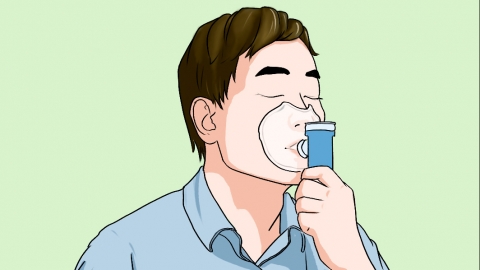Can oxygen inhalation relieve symptoms of altitude sickness?
High altitude reaction generally refers to高原 reaction. Oxygen inhalation can usually alleviate symptoms of高原 reaction, although its effectiveness may vary from person to person. It is recommended to seek timely medical attention and identify the cause under the guidance of a qualified physician before undergoing treatment.

When the human body is at high altitudes,高原 reaction may occur due to reduced oxygen concentration, manifesting as symptoms such as headache, nausea, and difficulty breathing. Oxygen inhalation can increase blood oxygen levels, helping the body adapt more quickly to the low-oxygen environment and thus alleviating these symptoms. For mild to moderate高原 reaction, oxygen therapy can serve as an effective adjunct treatment to help relieve discomfort.
However, it should be noted that the effectiveness of oxygen inhalation varies among individuals. Some people may experience significant symptom relief after oxygen inhalation, while others may not. Additionally, care should be taken to control the concentration and duration of oxygen administration to avoid potential complications such as oxygen toxicity from prolonged high-concentration oxygen inhalation. For certain special populations, such as those with heart or lung diseases, oxygen therapy may not meet their needs and could potentially worsen their condition. Therefore, caution should be exercised when using oxygen therapy, and it should be conducted under the guidance of a qualified physician.
Maintaining healthy lifestyle habits in high-altitude environments, such as drinking adequate water, avoiding strenuous exercise, and ensuring sufficient sleep, can help prevent and alleviate高原 reaction.




